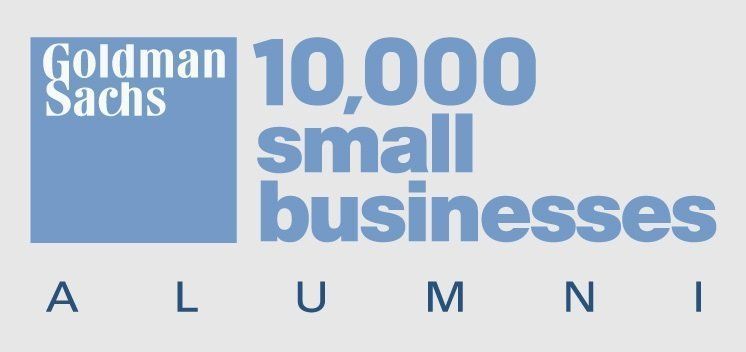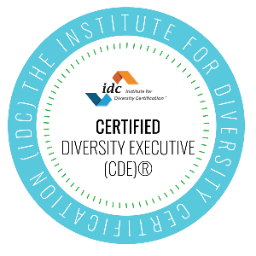Burnout by Budget: How Financial Stress Creates Emotional Fragility in Leaders & What to Do About It
In today’s dynamic business landscape, leaders face a constant barrage of challenges. While market shifts and competitive pressures are often top of mind, a less visible yet equally potent threat is silently eroding leadership capacity: financial stress. The anxiety stemming from budget constraints, cash flow concerns, and the ever-present question of financial sustainability can seep into every aspect of a leader's life, ultimately leading to emotional fragility and burnout.
The Credit Card Conundrum for Small Businesses
Adding to this financial pressure is the timely issue of credit card usage among small businesses. For years, attractive rewards programs and high credit limits have made business credit cards a seemingly convenient solution for managing expenses and even fueling growth. However, with interest rates remaining high and traditional small business loan options becoming increasingly limited, many are now facing a challenging reality. Are small businesses inadvertently ensnared by the allure of easy credit, only to be burdened by high rates and restrictive terms? This situation underscores the critical need for careful financial management and exploring alternative financing strategies to avoid the pitfalls of relying heavily on credit cards for growth.
The Cognitive Cost of Financial Strain
Financial worries do more than just keep leaders up at night. They directly impact executive function, the very cognitive skills needed for effective leadership. When preoccupied with financial survival, leaders experience diminished clarity, impaired decision-making, and a significant reduction in strategic focus. The mental bandwidth consumed by navigating financial uncertainty leaves less capacity for innovation, team development, and long-term vision.
This constant state of financial pressure often fosters a scarcity mindset, where fear and limitation dominate thinking. Leaders operating from this perspective may become risk-averse, micromanage resources, and struggle to see opportunities for growth. This contrasts sharply with an abundance mindset, which fosters creativity, resilience, and the ability to make bold, strategic moves.
The Emotional Toll: From Anxiety to Burnout
The persistent stress of financial instability takes a significant emotional toll. It can trigger anxiety, increase irritability, and erode emotional resilience. Leaders operating in this state are more susceptible to emotional outbursts, less able to empathize with their teams, and ultimately more prone to burnout. This emotional fragility not only impacts their personal well-being but also ripples through their organizations, affecting team morale and overall productivity.
Reclaiming Leadership Through Emotional Regulation
The solution lies not just in better financial management (though crucial) but in cultivating robust self-leadership skills, particularly emotional regulation and emotional resilience. Emotion regulation is the ability to understand, manage, and respond to one's emotions in a healthy, intentional way. It's about harnessing emotions, not suppressing them.
Leaders who can self-regulate effectively are better equipped to foster psychological safety, handle conflict constructively, and make sound decisions even under stress. By strengthening their emotional regulation skills, leaders can navigate financial pressures with greater stability and clarity. This ability is foundational for building trust and modeling resilience across teams and organizations.
Great leaders don’t just manage money—they manage mindset.
Introducing Our Emotional Regulation Community of Practice (ER CoP)
At Nika White Consulting, we understand the critical link between emotional well-being and effective leadership. That's why we've developed the Emotionally-Regulated Leader: A Community of Practice (CoP), a transformative learning experience designed to enhance the emotional authority, composure, and relational capacity of leaders.
Our CoP is built on three essential pillars:
Self-Awareness, Self-Management, and Social Connection. These pillars work in tandem to support sustainable leadership and organizational health. The program provides tools to increase self-awareness and self-regulation and helps leaders build their inner capacity and reduce emotional exhaustion and reactivity.
Participants in the CoP learn to pause rather than react, communicate with intention, and create psychologically safe environments where others can thrive. As one participant shared, "I don't know how I made it as far as I have without this coaching opportunity".
Your Guide to Self-Regulation
Ready to take the first step towards stronger self-leadership and emotional resilience? Join our email subscription list today and comment, “emotional resilience,” to receive our complimentary self-regulation guide. This valuable resource is packed with practical techniques you can implement immediately to start mastering your emotional responses and leading with greater clarity and calm.
Don't let financial stress erode your leadership potential. Embrace the power of emotional regulation and build a foundation for sustainable success.















